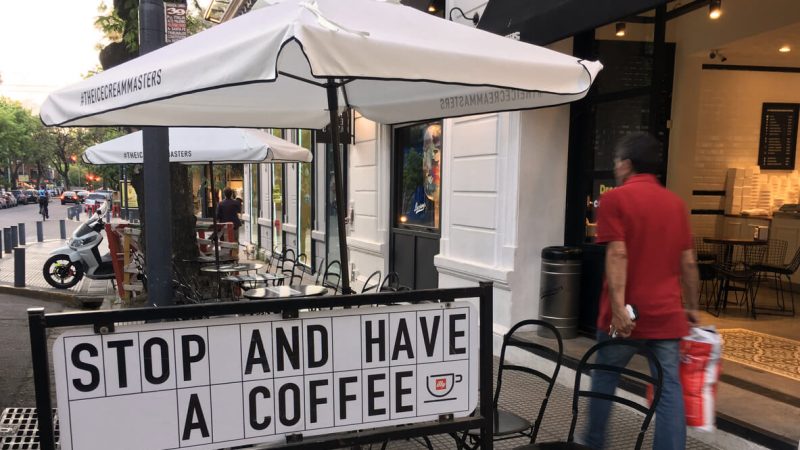5 More Vocabulary Activities for Secondary Students

Alex Quigley runs through another set of ideas to help KS3 and KS4 students' linguistic skills…

- by Teachwire

February may be a cold month, as spring still feels very distant; but on Valentine’s day a little extra warmth is shared.
From love notes in lockers to little ditties in glossy cards, a well-chosen phrase goes a long way.
Our pupils may be focused on putting their feelings into words to sway the object of their affections, but their ability to find the right language will also be crucial for school success.
1 | Try this today: Six degrees of separation
Sometimes an old game can come up trumps in the classroom. The simple idea of this one is that all living things in the world are connected by six – or fewer – steps; and it works well enough for making linguistic links too.
Consider the possible lexical steps from ‘abnormal’ to supercilious’. Straight away, pupils need to draw upon their vocabulary knowledge – of synonyms, antonyms, and more – before then drawing upon their personal word-hoard. My effort? Abnormal > strange > mysterious > special > superior > supercilious. With a little self-explanation, you can encourage pupils to elaborate on their ideas.
2 | One word at a time
If you were to send a Valentine’s card to your beloved you would wish them to be ‘enthralled’. The modern meaning is to capture the attention of another – be it through music, or our loving phrases.
It is simply a captivating and enchanting verb. And yet, dig a little further into the history of the word and you discover less-charming roots.
In Anglo-Saxon, the word ‘thrall’ means ‘slavery’. To ‘enthral’ is to enslave – ‘to reduce to the condition of a thrall’, which does put its more romantic interpretation in a new light. For students, these gruesome histories of common words offer memorable hooks.
3 | I don’t think it means what you think it means…
All too often, it is the words that they know a little about from their daily lives that trip pupils up in the classroom. Mathematics is a subject that is beset by such a problem.
Learners may well bring their common understanding to specialist mathematical vocabulary, such as ‘acute’, ‘constant’, ‘expand’, ‘expression’, ‘factor’, ‘rational’ and ‘translation’. Unfortunately, such partial knowledge can lead to overconfidence and pupils possessing unhelpful misconceptions. Polysemous words – those that have multiple meanings, like ‘acute’ – reveal the critical importance of students not just knowing many words, but knowing them deeply.
4 | Cracking the academic code
If you pick up a textbook, or any academic text, you will likely find a vast array of complex vocabulary littering every paragraph. To ensure that readers can access this, you need to be savvy with your use of supporting grammar.
Explanations in parenthesis (which means words or phrases inserted to explain terms or ideas that come before – such as this – using brackets, dashes or commas) are therefore common in academic texts.
If you are introducing ‘cytokinesis’ (the final process in eukaryotic cell division), for example, a little explanatory aid is not just helpful for pupils – it is likely vital to their understanding.
5 | One for…the economists.
If you are teaching economics, then you require a wealth of highly specialist terms, mathematical knowledge and an understanding of society and politics. Even seemingly simple words, like ‘budget’, offer intriguing etymologies that prompt deep understanding.
Originally, the word comes from the Roman ‘bulga’, meaning ‘leather bag’. This little leather pouch represented an important store for the family finances. Nowadays, of course, this personal meaning has grown to represent national and even international affairs.
Do they know?
Learners require anything between 95 to 98% word knowledge for secure comprehension of an academic text.
Alex Quigley is the author of Closing the Vocabulary Gap. He works for the Education Endowment Foundations as Senior Associate supporting teachers to engage with research evidence. Follow him on Twitter at @HuntingEnglish. Browse more English games KS3 ideas.











